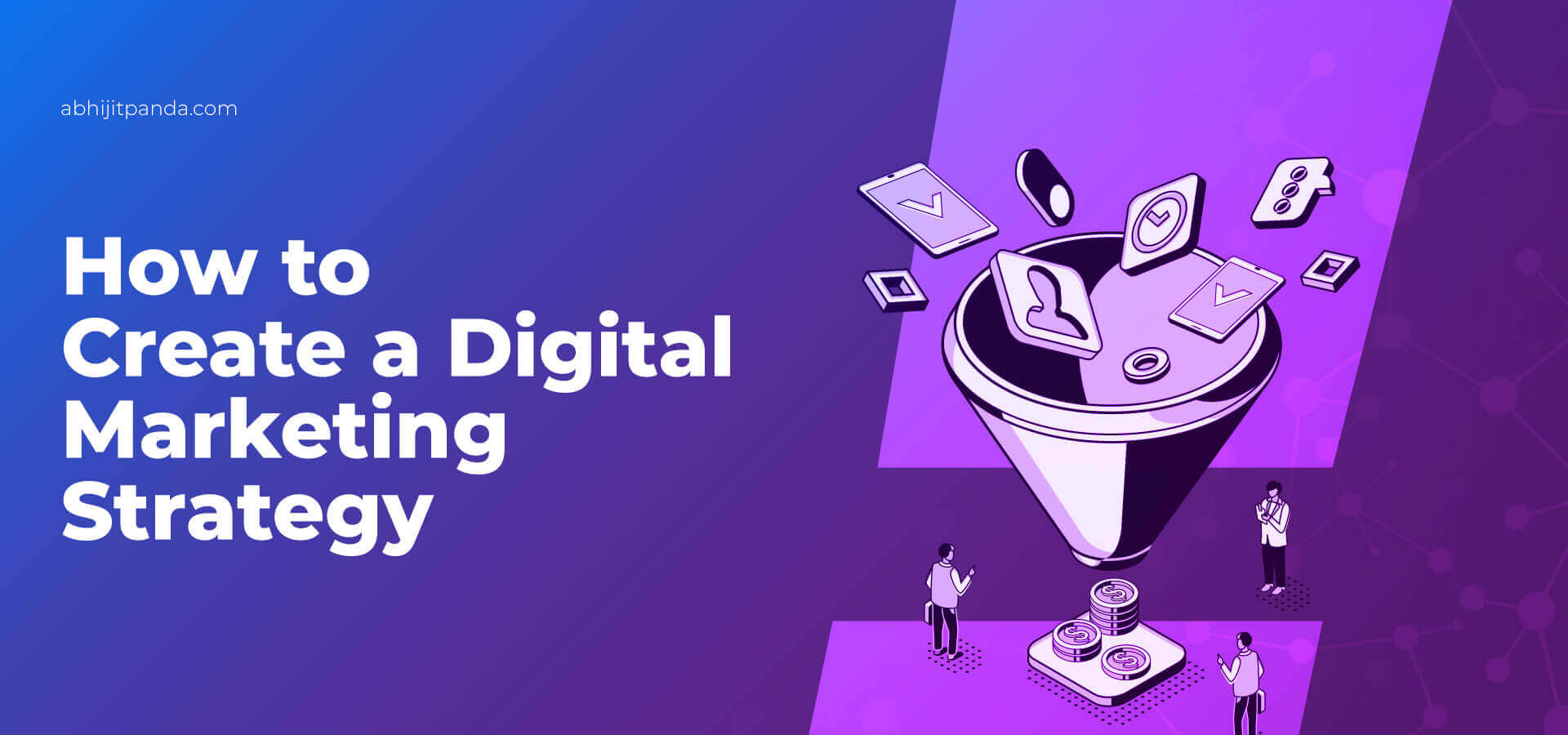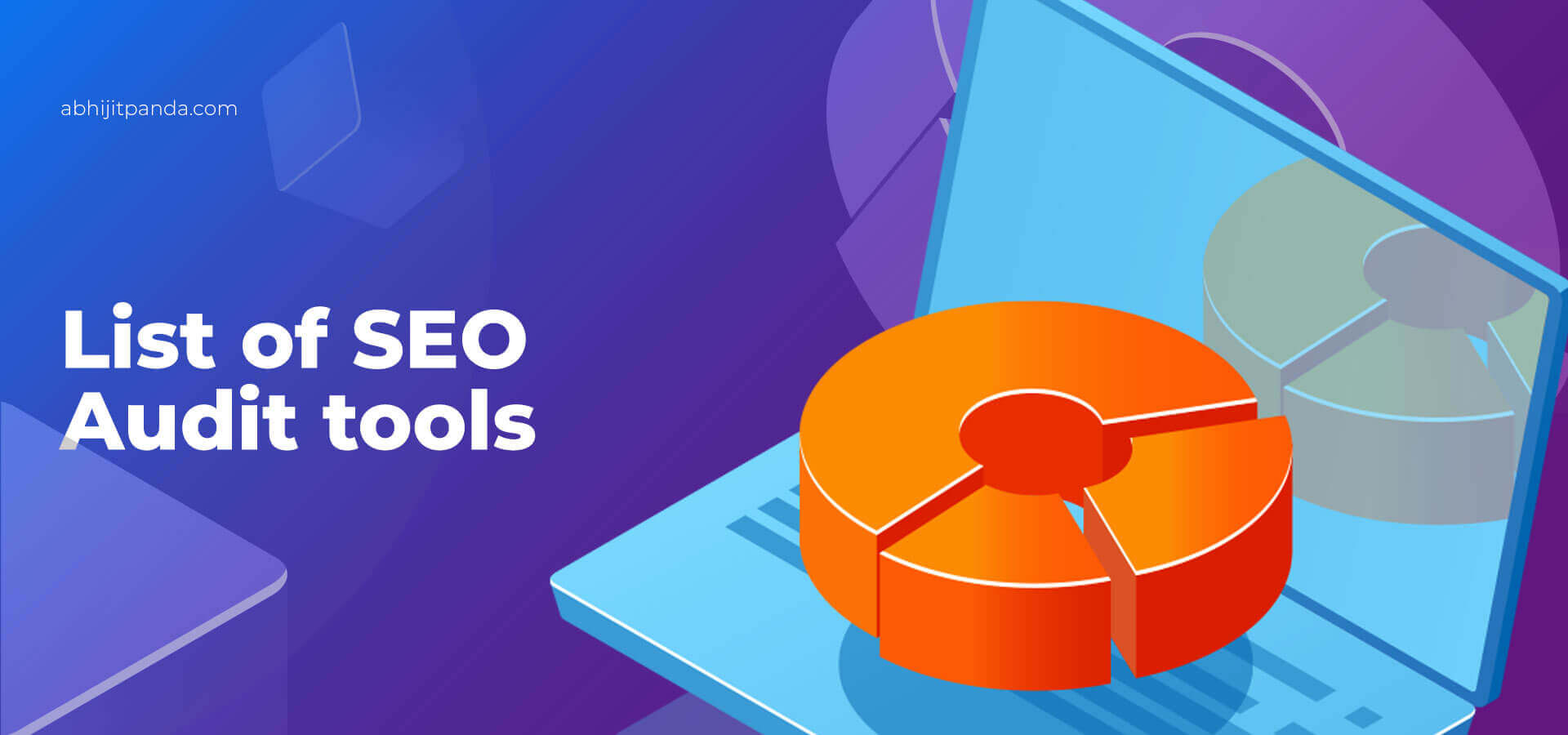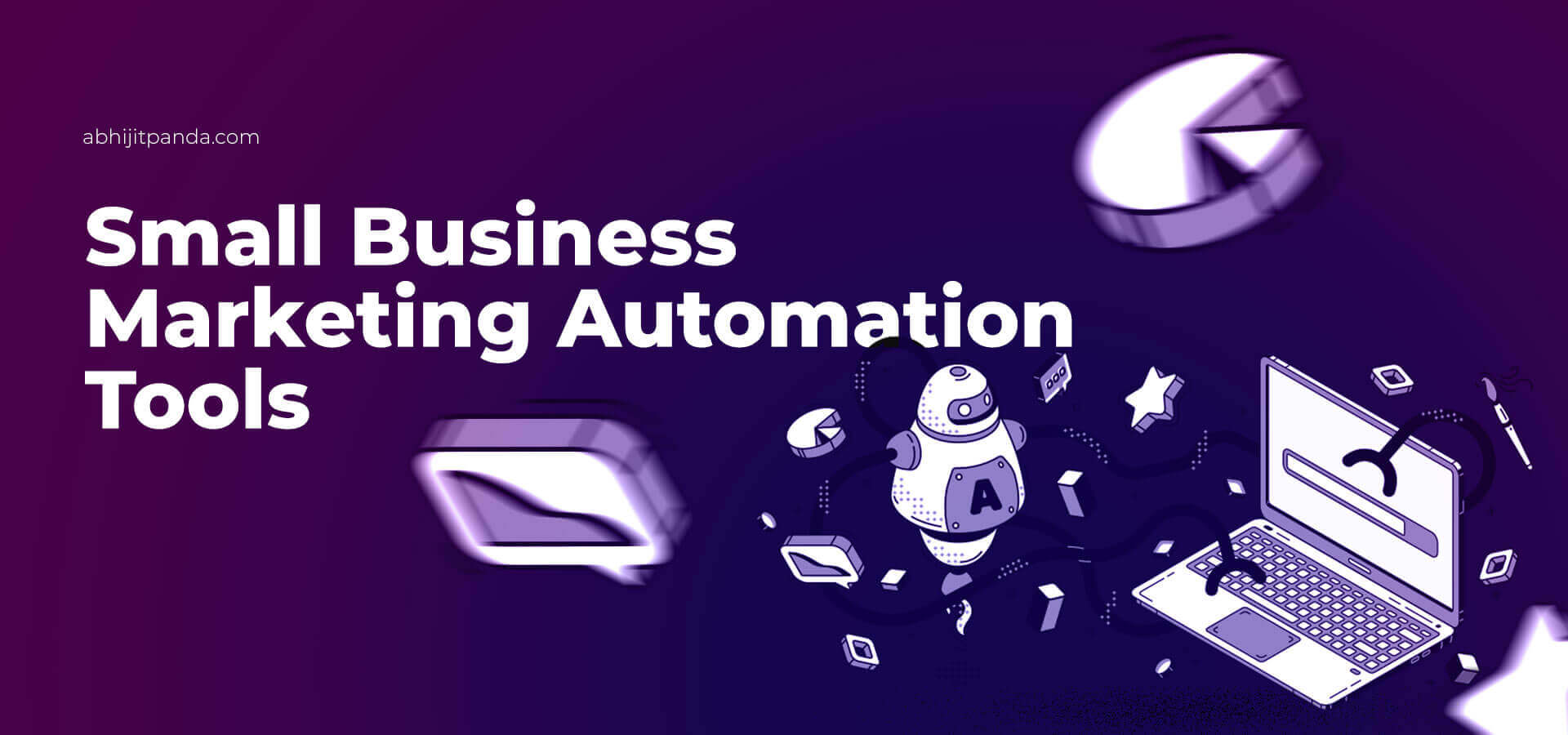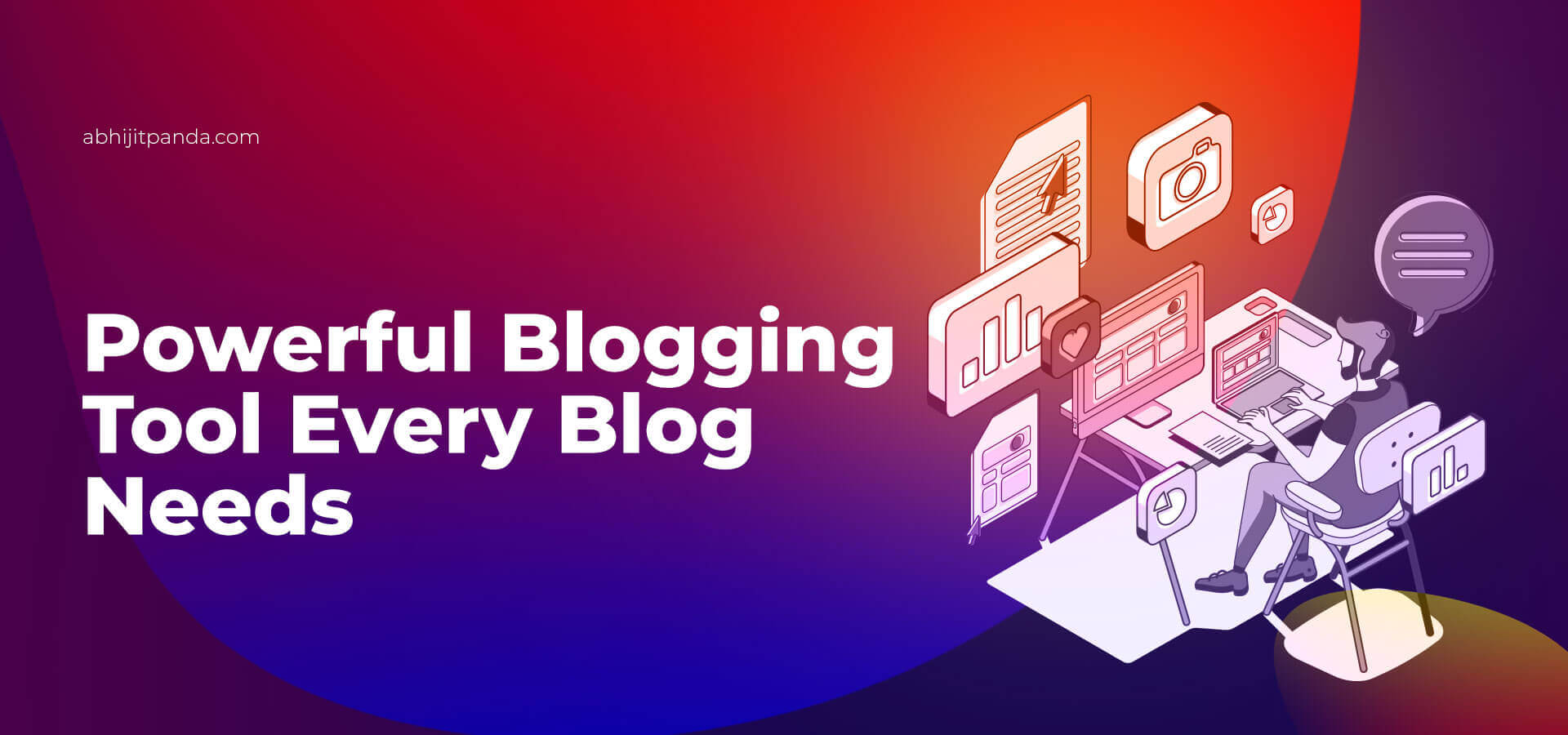 How to Create a Digital Marketing Strategy?
How to Create a Digital Marketing Strategy?
Digital marketing methods create opportunities for your business or startup to communicate with existing and potential customers in a cost-effective and measurable way. But consumers these days interact with your business or brand using multiple channels and touchpoints.
Your business can boost lead generation and sales conversion only by delivering the right message to the target audience through the top digital marketing channels. Hence, you can streamline communication and marketing activities across channels and touchpoints by implementing a digital marketing strategy.
In addition to boosting lead generation and conversion, the digital marketing strategy will help your business accomplish multiple goals – enhancing online presence, reaching a wider audience, growing market share, improving brand recognition, and gaining a competitive edge.
Before making a digital marketing strategy, you must answer important questions like who is the ideal customer, what your ideal customer wants, where to find ideal customers, and how to influence their purchase decision. At the same time, you should create a solid strategy by integrating crucial components of a digital marketing strategy.
9 Critical Components You Must Integrate to Create a Solid Digital Marketing Strategy
1. SMART Marketing Goals
Your digital marketing strategy can drive lead generation and sales conversion only by covering multiple channels and touchpoints. Hence, you must set specific, measurable, attainable, relevant, and timely (SMART) goals.
The specific and measurable marketing goals will help you plan the tasks and activities to be performed by digital marketers. Also, you can schedule marketing campaigns to achieve predefined goals in a specific timeframe.
2. Competition Analysis
In addition to engaging customers, the digital marketing strategy must focus on outperforming competitors. While making the strategy, you must conduct research to identify the channels and strategies used by your online competitors to acquire and retain customers.
You can make the marketing strategy more effective by emulating the tactics that work for competitors. However, it is also important to outperform competitors by refining their strategies based on the latest data and emerging trends.
3. Buyer Persona
You can influence and engage customers more effectively only by understanding their purchase behavior, buying patterns, and paying capacity. For instance, you can decide the time a customer takes to make a buying decision based on her buying behavior.
Likewise, you can understand why and how a customer purchases by understanding her buying pattern. That is why; your digital marketing strategy must focus on identifying and depicting the ideal customer based on real-time data and market research.
You can identify the ideal customer for your product or service by creating detailed buyer personas. As a semi-fictional representation of the ideal customer, the buyer persona will help you identify and define the ideal customer based on important information like age, gender, marital status, education level, location, household income, preferences, and pain points.
Also, you can use the buyer persona as a tool to decide where to find ideal customers, how to communicate with them, and how to influence their purchase decisions by delivering the right content and message.
4. Channels and Touchpoints
Customers these days interact with a brand using various channels, touchpoints, and devices. Your digital marketing strategy must focus on connecting and communicating with the target audience through their preferred channels.
It is always important to communicate with customers using multiple channels – organic search, social media, paid ads, and online forums. At the same time, your strategy must focus on delivering messages to the target audience at the right time and through the right channel.
5. Website
The digital marketing strategy will focus on diverting more traffic to your website. But you can convert the website visitors into leads and customers only when your website keeps them engaged. While creating the digital marketing strategy must focus on boosting the website’s user experience consistently.
In addition to making the website easy to access and navigate, you must create high-quality website content. Also, you should test the website regularly to identify and fix the issues affecting its user experience and digital marketing performance.
6. Data
Businesses these days operate in volatile environments where market trends and customer preferences change frequently. You can make a digital marketing strategy successful only by meeting the existing and emerging needs of customers.
You must make the digital marketing strategy data-driven using data analytics. Data analytics tools identify patterns and detect trends by analyzing large volumes of historical and real-time data. They make it easier for you to refine digital marketing strategies by providing actionable insights.
7. Key Performance Indicators (KPIs)
You can never predict the outcome of a digital marketing campaign accurately in an evolving digital environment. You can know what is working and what is not working only by measuring the performance of individual digital marketing campaigns regularly and accurately.
Your strategy should define the KPIs to be used for measuring the performance of digital marketing campaigns. For instance, the strategy should define different sets of KPIs for SEO campaigns and paid advertisement campaigns.
8. Budget
Some digital marketing campaigns are more expensive than others. For instance, you have to incur additional expenses to run paid advertisement campaigns than search engine optimization (SEO) or content marketing campaigns.
Hence, you need to combine the right digital marketing methods by conducting a cost-and-benefit analysis. Your digital marketing strategy must focus on combining the right digital marketing methods to achieve goals without going over budget.
9. Automation
You have to deploy skilled content creators and experienced digital marketers to perform communication and marketing activities. Also, you have to focus on boosting their productivity and creativity consistently to boost digital marketing campaigns. Your organization can save both resources and costs through digital marketing automation.
In addition to automating routine tasks, digital marketing tools help you plan and build campaigns based on real-time data. Also, you can use the tools to get higher returns by tracking, measuring, and refining digital marketing campaigns regularly.
Conclusion
A formal digital marketing strategy will help your company or startup accomplish SMART marketing goals. But you can make the digital marketing strategy more effective by leveraging cutting-edge technologies and real-time customer data. Also, you must keep the digital marketing strategy flexible enough to adopt emerging trends and new channels.








Leave a Reply